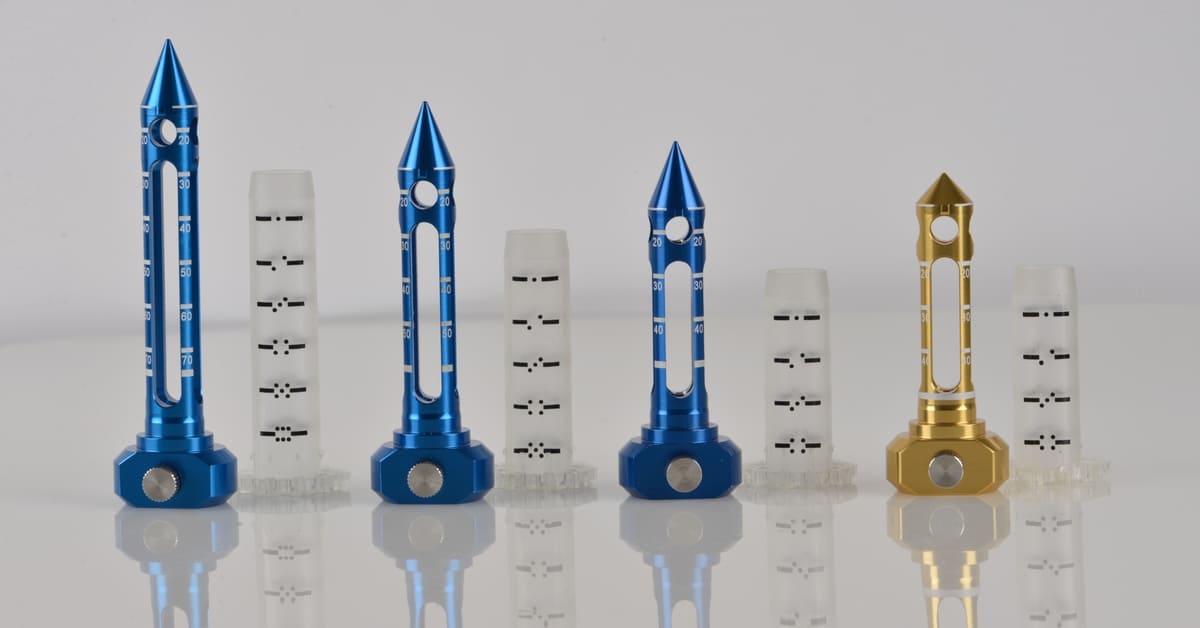
Used with permission by NICO Corporation
New technology offering a different approach to certain brain surgeries is good news for patients, a BayCare Clinic neurological surgeon says.
The emergence of BrainPath technology helps Dr. Max Ots of BayCare Clinic Neurological Surgeons better meet the challenges of performing brain procedures that were once considered impossible.
The technology helps surgeons treat brain tumors and blood clots that ordinarily would be beyond their reach because of the risk of damaging the surrounding dense, delicate neural structures controlling brain and body functions.
BrainPath technology saves neurosurgeons from having to cut through the brain’s white matter, the tissue responsible for many cognitive and functional responses.
BrainPath “consists of a clear plastic sheath around a smooth, cylindrical tool with a specially designed tip,” according to its website. BrainPath enters the brain through an opening smaller than a dime, allowing the surgeon to navigate through the brain’s natural folds and fiber tracts, carefully displacing brain tissue.
“Once at the location of the abnormality, the surgeon removes the cylinder from the sheath, leaving the sheath in place to create a portal or narrow corridor through which the surgeon operates.”
That’s the benefit of the BrainPath technology, Ots says.
“This unique tool eases the surgeon through the brain’s white matter and to the treatment area by gently displacing brain tissue like a sailing ship displaces surrounding water. When the surgeon removes the BrainPath tool, the brain tissue gently returns to its previous position. This minimizes damage risk to healthy white matter. Patients with brain tumors once considered inoperable may benefit greatly from this technology.”
Conditions that can be treated using BrainPath technology include:
- Metastatic brain tumors, particularly in deep locations
- Glioblastoma multiforme
- Other primary brain tumors
- Colloid cysts
- Intracerebral hemorrhage or hemorrhagic stroke
- Hemorrhage from traumatic brain injury
“BrainPath technology is providing hope to patients who may have had none," Ots said.